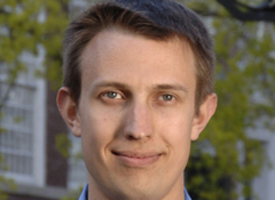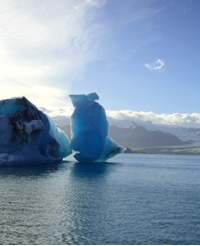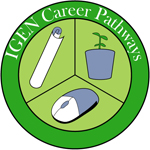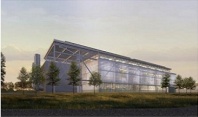GRITS 1.0 - A New Tool for Energy Efficiency Project Tracking

By Mark Orlowski, Founder & Executive Director, Sustainable Endowments Institute
In April, a new tool will be launched to help colleges achieve their ACUPCC goals through streamlined tracking and calculation of project-level energy, financial and carbon data. GRITS 1.0 (Green Revolving Investment Tracking System) is a breakthrough web platform that provides real, accessible, shareable data to unite management of both financial and environmental project performance.
Developed by the Sustainable Endowments Institute, an ACUPCC and Second Nature partner, GRITS offers a necessary bridge between managing and reporting, creating the space for schools to track, analyze and share information on specific projects or groups of projects--well beyond the capabilities of spreadsheets.
NEW ACCESS + WEBINAR
The GRITS 1.0 tool is the culmination of more than two years of internal development and guidance from colleges and universities across North America. These schools benefited from using GRITS beta to manage their green revolving funds (GRFs)--an innovative financing mechanism to recapture cost savings from energy and resource efficiency projects. More information on green revolving funds is available on The Billion Dollar Green Challenge website.
- Read more about GRITS 1.0 - A New Tool for Energy Efficiency Project Tracking
- Add new comment




 Second Nature
Second Nature

 Bowie State University has undertaken several endeavors to go “green” and increase its sustainability through its
Bowie State University has undertaken several endeavors to go “green” and increase its sustainability through its  My name is
My name is 






